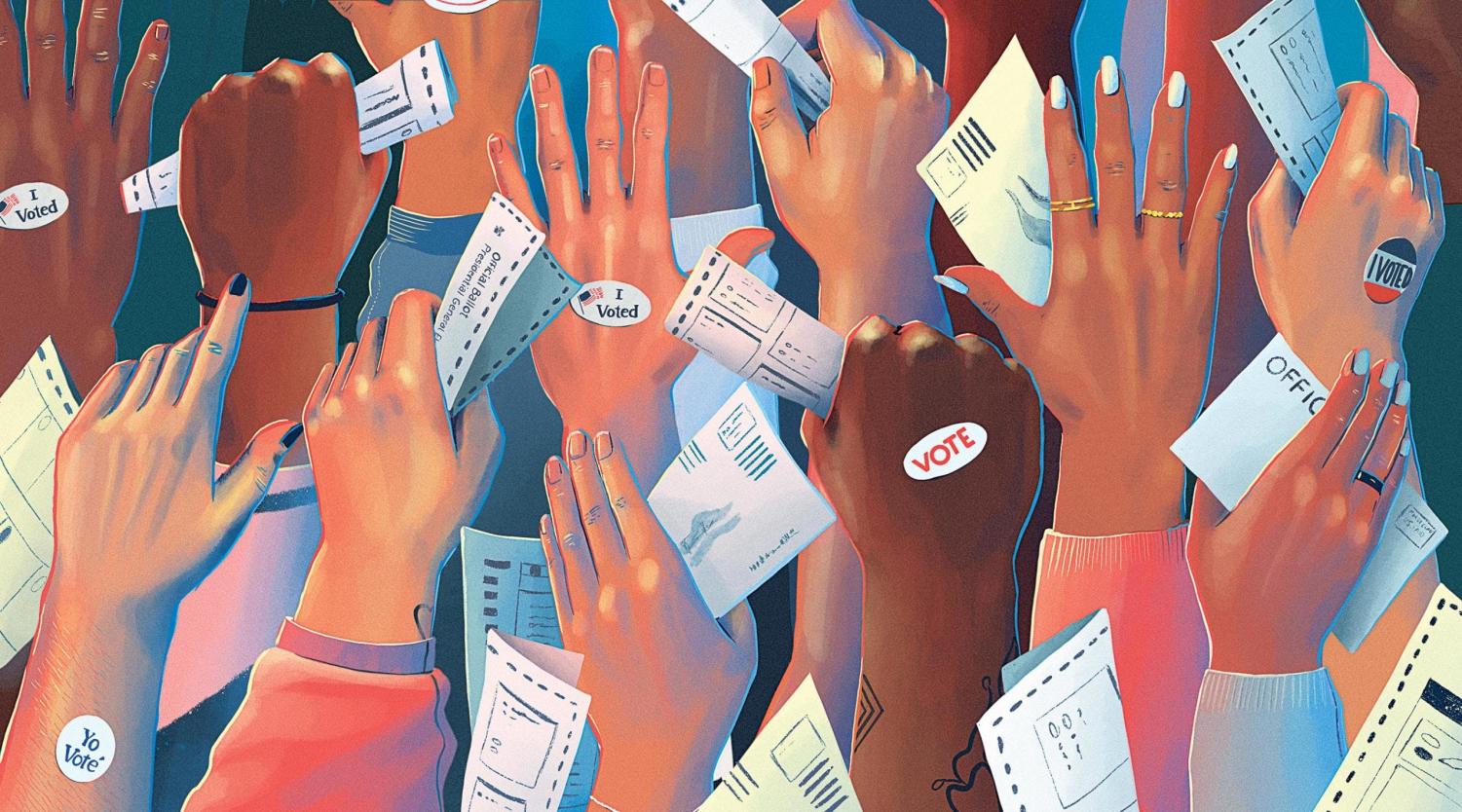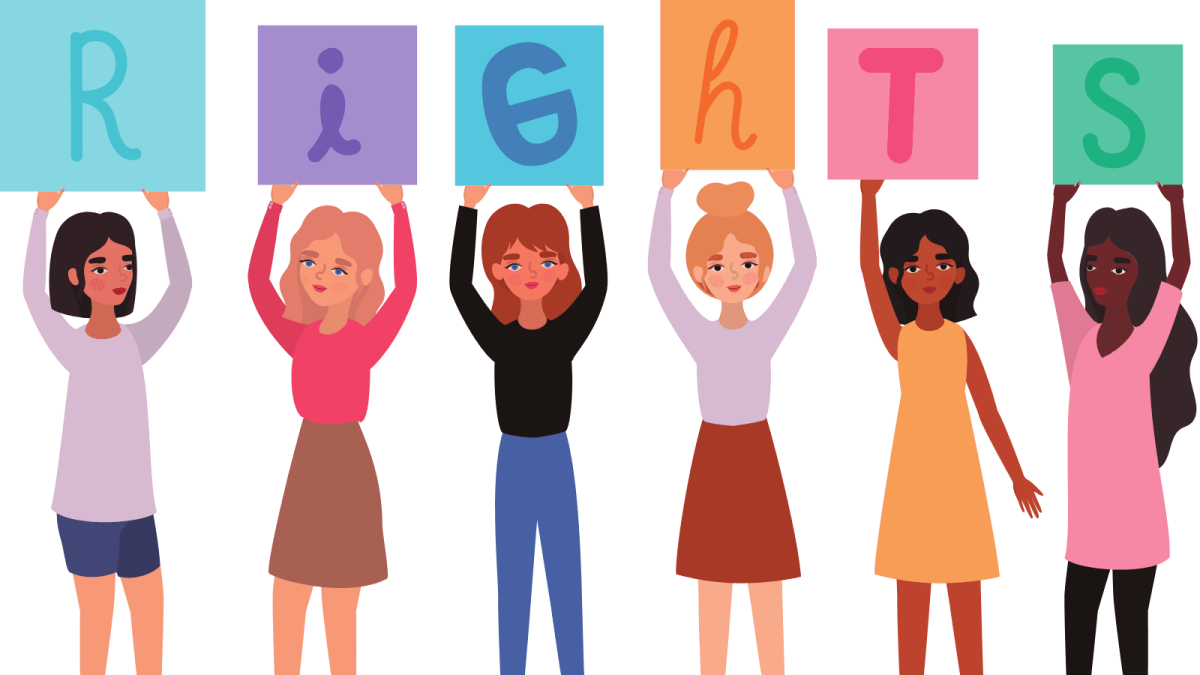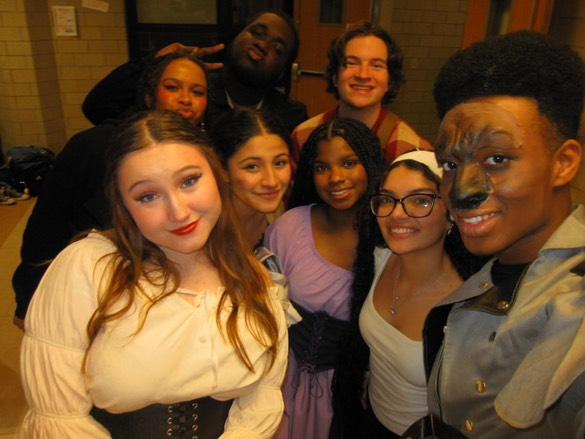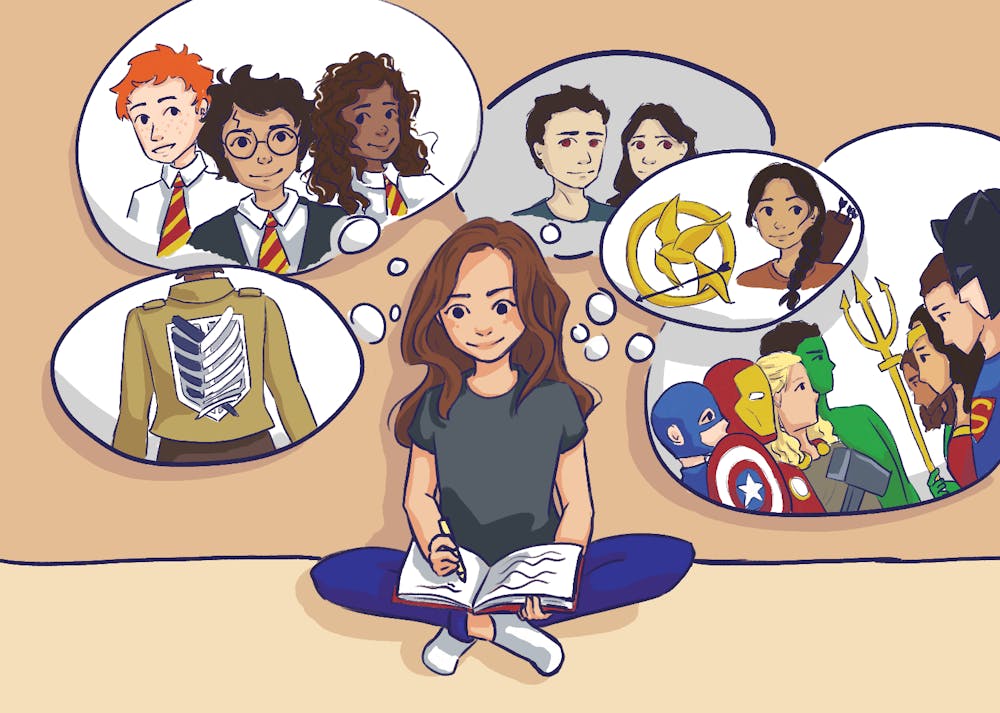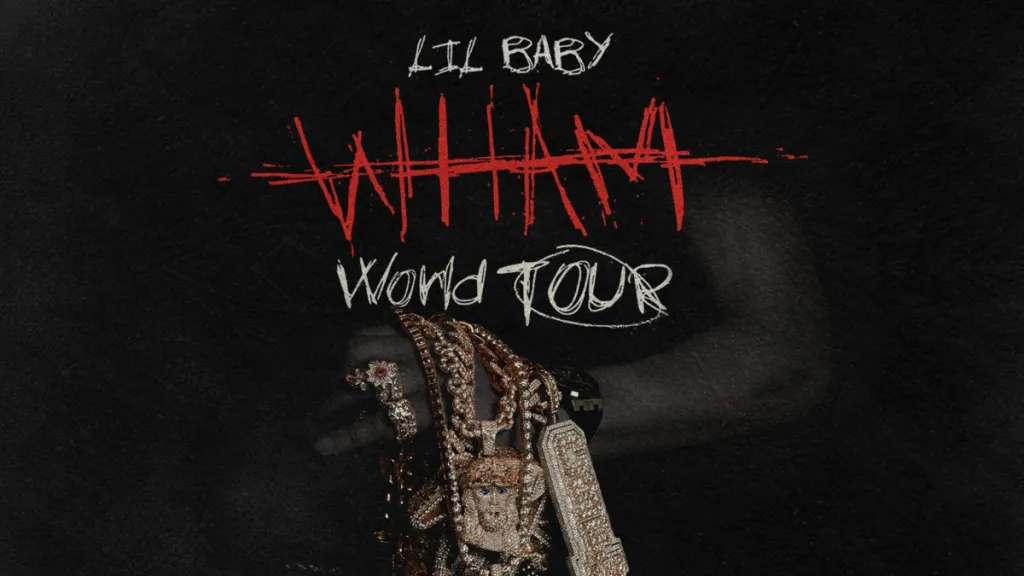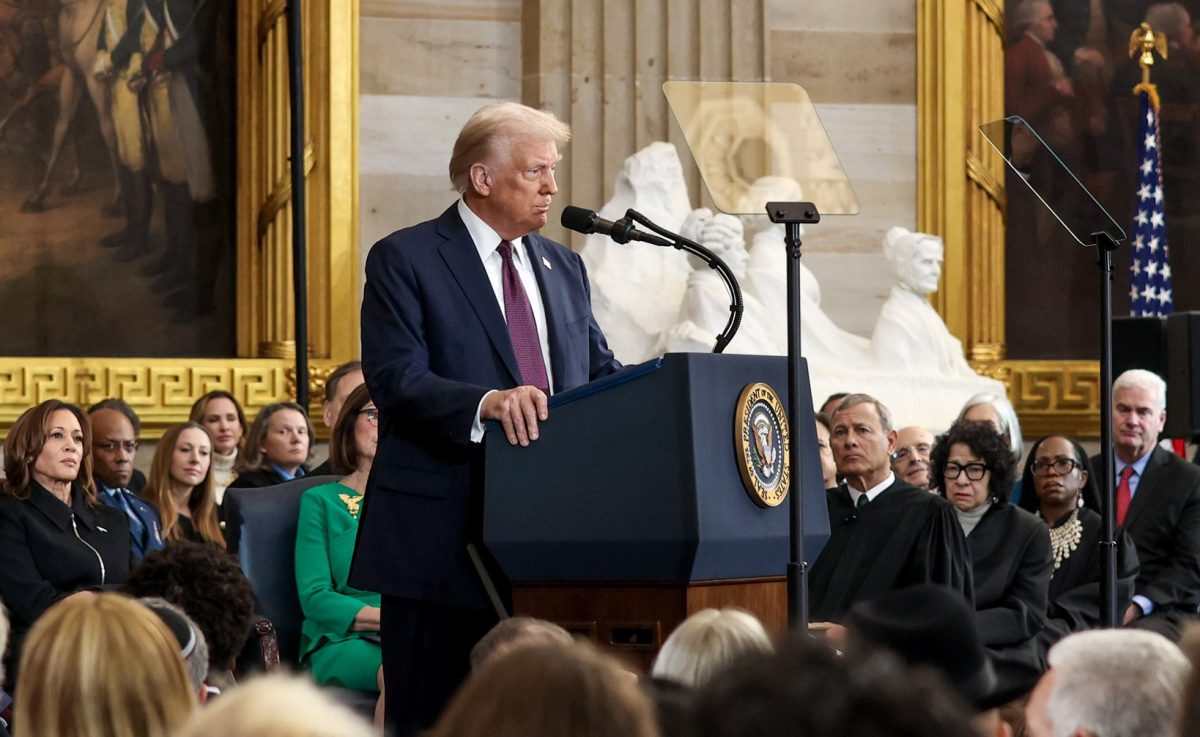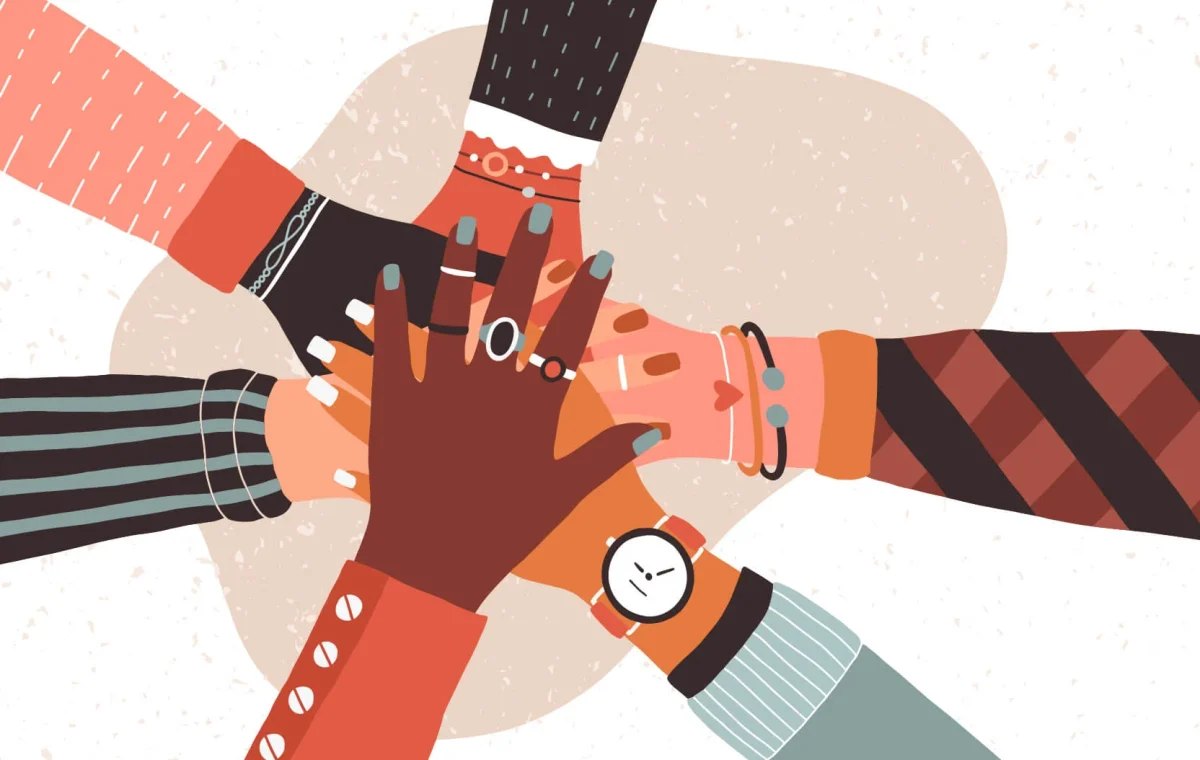A constitutional right in America is that every citizen who is 18 years or older has the right to vote. This would imply that voting is an easy and accessible process, however, that is far from what occurs. According to the American Civil Liberties Union, “…In recent years, more than 400 anti-voter bills have been introduced in 48 states. These bills erect unnecessary barriers for people to register to vote, vote by mail, or vote in person.”
There are legislators out there whose only goal is to make voting a difficult process. The following techniques listed in this article range from subtle to blatantly transparent.
I wrote this article to make people aware. Your vote matters. If it didn’t, politicians wouldn’t try so hard to suppress it. Never give into the frustration of these tactics or make the decision to not vote at all. Your voice is important and has the power to actively incite change.
According to research from World Population Review, in the United States’ most recent presidential election in 2020, only 66.5% of eligible voters voted. However, this was a big jump from four years ago. In the 2016 presidential election, only 55.72% of those eligible voted. An increase like that should be celebrated, but it is dampened by the fact that the United States still falls behind in terms of voter turnout against other developed and sometimes less developed countries.
During the 2020 election, voter suppression was apparent.
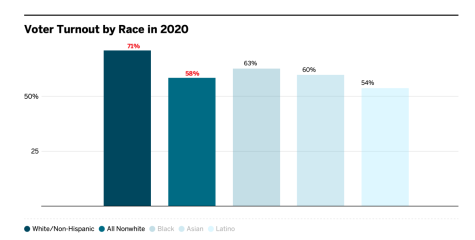
The evidence is even more abundant when you have a look at the tactics below.
Why Election Day isn’t a National Holiday
Voting is an issue in America as our average rate of voter turnout has been approximately 48% since the 1990s. In other countries, like Australia for instance, it is not a problem. According to Brooking’s Institute, Australia has had a massive 90% voter turnout rate in that same time. South Korea is at 75%.
Why? Perhaps because Election Day is a national holiday in these countries. Every federal election in the United States happens on a Tuesday, while in other nations, they have made the day a Sunday or a holiday. Attacking Sunday voting is one way of controlling black Americans.
Early voting is popular for black churchgoers, who usually head to the polls after service. But in states like Texas and Georgia, efforts to eliminate Sunday voting surge. Souls to the Polls is an event observed by many organizations to combat this from occurring and strives for voting for all. Souls to the Polls began in 1990 in Florida and has since then become a national movement. Sunday voting has the biggest participation for black voters, and pushing back on it is racially motivated.
Election Day not being observed as a national holiday also attacks the working class. They are inconvenienced by days and times and sometimes make the decision that it’d be easier not to vote at all. This results in ballots being a majority of wealthy Americans and less of the middle or lower class.
The Census Bureau states that registered voters have claimed “conflicting schedules” to be the most frequent reason for not voting in 2008, 2010, 2012, and 2014 election days, and it was the second most common in 2016.
To make Election Day a national holiday is the simple solution, and yet anti-voter bills ensue.
Registration Restrictions
False claims of non-citizens voting were spread in 2011, making some states suddenly start requiring documents to prove citizenship and identification while registering to vote. Many people don’t carry these documents with them because they’ve never been needed before and as a result, thousands didn’t vote.
Other methods, like limiting registration times are used to make voting less accessible. ‘Voter fraud’ is always the defense employed when these are challenged.
Felony Disenfranchisement
When convicted as a felon, a severe consequence could include losing the right to vote. Different states have different standards. The ACLU states, “Some states ban voting only during incarceration, or while on probation or parole. And other states and jurisdictions, like Maine, Vermont, and Washington, D.C., don’t disenfranchise people with felony convictions at all. The fact that these laws vary so dramatically only adds to the overall confusion that voters face, which is a form of voter suppression in itself.”
Black and brown people are disproportionately affected by felony disenfranchisement because of the racial bias the criminal justice system is built on. White people frequently get lesser charges for the same crime people of color commit.
Voting Age Debate
The 2022 midterm election had unanticipated voter turnout from Gen Z that left a mark on democracy. Michigan experienced a 38% increase in youth turnout—this growth being the largest in the entire country. This participation guaranteed abortion access across many states like Vermont and California.
And this turnout threatened many politicians who afterward suggested raising the voting age.
Cleta Mitchell, a lawyer for former President Trump declared that polling stations at dorms needed to be shut down because it made it easier for college students “to roll out of bed, vote, and go back to bed.”
Republican presidential runner Vivek Ramaswamy proposed raising the voting age to 25 unless the youth served in the military for at least six months or passed a citizenship test.
Bills
While many states have attempted to sign bills into law regarding elections, Texas has made great strides in allowing voter suppression to thrive. This section will focus on Texas.
On June 18, 2023, Texas Governor, Greg Abbott signed Senate Bill 1933 into law. This gives the Secretary of State—a position appointed by the governor—the authority to suspend and intervene in election administration and voter registration. Usually, this is handled by county officials.
If the secretary of state has “good cause to believe that a recurring pattern of problems with election administration or voter registration exists in the county” their office will be able to implement supervision of the county’s election procedures. They will be able to approve or reject any election policy or procedure.
Harris County fits the population standard for this law to apply. This is clearly a way to suppress votes, as this law was created after Texas Republicans complained about Election Day “problems” in that county following the 2022 midterms. These problems have never been supported by data.
Other voter suppression laws that have recently passed in Texas:
- Senate Bill 1070
Allows Texas to stop participating with the ERIC (Electronic Registration Information Center). This organization is a nonprofit to ensure accurate voter rolls. 24 states and D.C. are members of ERIC.
- Senate Bill 1750
Eradicates the position of election administrator within Harris County. The responsibilities of that role now fall to the county clerk and tax assessor.
- House Bill 1243
Changes the consequences of illegal voting from a misdemeanor to a felony.
This is a reminder to keep up with the bills and laws, the governor, Senate, and House of your state have passed. Presidential elections are not the only ones that matter.
Gerrymandering
Every 10 years, the legislative and congressional district lines of states are redrawn to create maps that are representative of a state’s population. The redrawing of district lines is important because communities change and the world should represent that. But this can be done with ulterior motives.
USA Today defines gerrymandering as “when voting district boundaries are drawn with the intention of influencing who gets elected.” This process allows politicians to choose their voters instead of the other way around.

The Brennan Center states, “…most attempts to gerrymander can best be understood through the lens of two basic techniques: cracking and packing. Cracking splits groups of people with similar characteristics, such as voters of the same party affiliation, across multiple districts. With their voting strength divided, these groups struggle to elect their preferred candidates in any of the districts. Packing is the opposite of cracking: map drawers cram certain groups of voters into as few districts as possible. In these few districts, the “packed” groups are likely to elect their preferred candidates, but the groups’ voting strength is weakened everywhere else.”
Due to residential segregation, it is so much easier for politicians to target communities of color as well.
“The easiest way to solve this issue, of course, would be to take the redistricting process out of human hands entirely. There is already software capable of doing just that — good luck getting any politicians to agree to it, though,” The Washington Post expressed.
If you still find gerrymandering difficult to understand after reading this short explanation, I reccomend you do a deep dive of research on your own. Knowledge is power.
Closing
In February of 1869, Congress granted African-American men the right to vote. In June of 1919, it was passed that women were allowed to vote. Even still, discriminatory practices continued, ranging from state laws to intimidation. Then in 1965, the Voting Rights Act outlawed those very practices. It finally enforced the amendments that came before.
However, freedoms are at stake with voting again. People are told that their vote doesn’t matter but that is so far from the truth. You can visit these websites to combat voter suppression and apply to register to vote here.
Register to Vote
Fight Voter Suppression
https://www.aclu.org/issues/voting-rights/fighting-voter-suppression
https://www.lwv.org/voting-rights/fighting-voter-suppression
